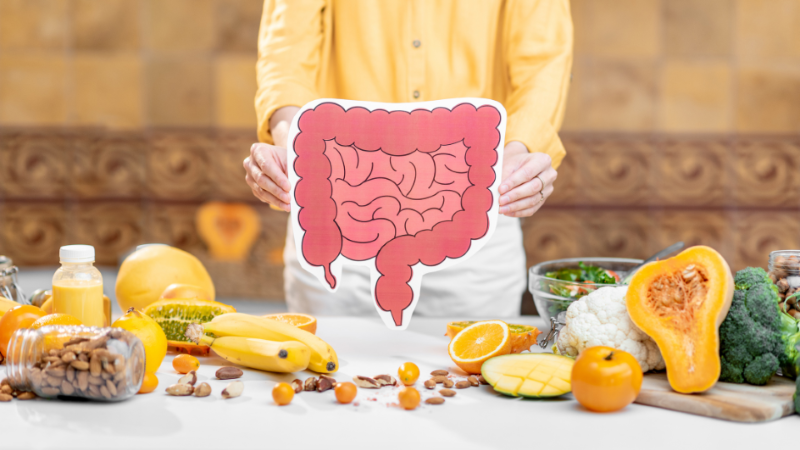The human gut microbiome is essential to human health. But what is meant by the gut microbiome? The human body harbours ecosystems of microorganisms such as bacteria, viruses, fungi and archaea which together with their genomic potential and collective repertoire of activity can be known as the microbiome. In today’s busy world there are many things that can disrupt the gut health, thus the microbiome. Industrial advances have been associated with great changes in the gut microbiome and they were also linked with a higher incidence of complex human diseases. This article will explore how the damage can be erased and the gut health restored.

The science behind this idea is very strange and not there just yet but according to many scientists it is indeed possible to restore the gut health. It all starts with the patient providing a fresh sample of their stool to a stool bank during their young adulthood, between the age of 18-35 years. This sample is screened for diseases, washed, processed and lastly deposited into a long term storage facility. Many years later, if the patient gets a condition like Inflammatory Bowel Disease, Heart Disease or Type 2 Diabetes, the doctors could be using the patients preserved stool to allow recolonization of the gut, thus restoring it to the healthier state it was in years before. Additionally, if a patient undergoes procedures that wipe down their microbiome such as a course of antibiotics or chemotherapy, this would be a great option for gut microbiome restoration. The medical procedure is called fecal microbiota transplantation.
Todays Stool Banks collect stool samples but these are not intended for the original donor but for other patients who are sick. The hope is to treat their chronic illnesses by restoring their helpful gut microbiota. Research into the fecal microbiota transplantation has already shown that Crohn’s disease or ulcerative colitis can be treated by this technique. Animal studies have been conducted and they suggest that this technique could be useful in treating obesity, lengthening lifespan of patients and additionally it even can reverse some effects of aging! Further clinical trials are exploring the use of fecal microbiota transplantation as a potential cancer treatment.
In clinical practice, the fecal microbiota transplantation is used to treat an overgrowth of Clostridioides difficile which causes infection. The trails have shown that this technique is better at treating the infection than regular antibiotics. The only problem with this technique is that first a healthy donor must be found, which is more difficult than people would think.
Should you deposit your own stool?
Researchers and scientists are very passionate about this topic as it is showing a lot of potential. But the question is should you bank your own stool? The fecal microbiota transplantation is in the early developments and there is still a lot about the actual microbiome that is unknown to us. If you undergo the procedure for a Crohn’s disease, there is no guarantee that the condition will not come back later in life as it all depends on your genetics and how you respond to the treatment. Additionally, the scientist do not know at this stage how long the stool samples can be preserved for to retain their healthy microbiota, proteins and DNA structures.
Overall, despite the unknowns, the interest in stool banking is real and with time might become a norm. But until then people should definitely think and talk more about it.
At ROC, we provide you with a thorough assessment of your gut health by looking more into your gut microbiome imbalances. We believe that gut health is at the core of many illnesses and that addressing gut health will offer improvements to wellbeing.
With a team of doctors, nutritionists and alternative practitioners we ensure you receive an exceptional treatment and recommendations.
If you have any questions about Gut Health or any other services that we offer at ROC Clinic Aberdeen, please call us on 01224 515 254.
References:
Trends in Molecular Medicine: “Rejuvenating the human gut microbiome”.

